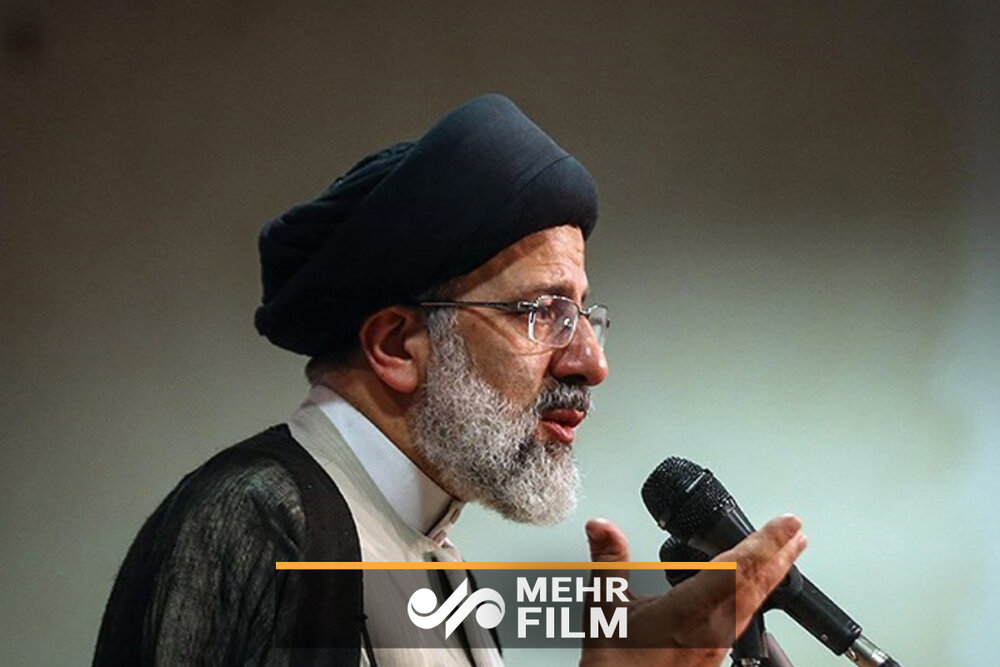Judiciary chief says will be ruthless in tackling corruption

TEHRAN - The head of Iran’s Judiciary has said that his branch will be ruthless in tackling corruption in the country.
Ebrahim Raisi assumed office as the head of the Judiciary in March, with promises to bring about some upheaval in his respective system, especially by fighting corruption.
Speaking to Judiciary officials on Monday, Raisi said in a move to address the shortcomings of the judiciary system, the pitfalls are being monitored through field investigations across organizations that operate under the Judiciary.
He added that reformation in the system will be implemented in three short, mid, and long-term stages.
He also said that the Judiciary has special plans to tackle corruption within its own structure in the first place, announcing that a special committee will be formed tasked with understanding and addressing internal corruption.
In another part of his speech, Raisi said Iran’s current economic and social circumstances required special attention to resistance against enemies, refurbishing production, and upholding the value of the national currency.
He then pointed to the European Union’s lack of commitment to their undertakings under the Iran nuclear deal and said, “Europe is still responsible to remove the problems that have been unjustly created against the Iranian nation.”
“Launching a credit line like INSTEX is not without benefits, but is by no means sufficient, and no one can tie their hopes to such measures.”
“Therefore, I hope that European countries preserve their independence against the excessive demands of the United States of America to uphold what they have agreed to in the JCPOA.”
On Sunday, European Union foreign policy chief Federica Mogherini has said that INSTEX, a special purpose vehicle aimed at facilitating legitimate trade between European economic operators and Iran, has become operational and is processing the first transactions.
“On Friday we also gave an important announcement on the defense of the nuclear deal with Iran: the instrument to support legitimate trade exchanges with Iran (called INSTEX) has become operational and is processing the first transactions. Together with the three countries that set it up – France, Germany and the UK – another seven European countries will join the mechanism. On Friday we also gathered the Joint Commission that works to guarantee the deal’s implementation,” she said in an announcement published on her website.
On Friday, the remaining signatories of the nuclear agreement met in the Austrian capital as a last-ditch effort to save the accord after the U.S. withdrew last year.
They announced in a statement that the European Union mechanism for trade with Iran is up and running.
After the talks, Abbas Araqchi, Iran's deputy foreign minister, said progress has been made to save the nuclear deal but the demands of the Islamic Republic are yet to be met.
"It was a step forward, but it is still not enough and not meeting Iran’s expectations," Araqchi told reporters in Vienna after almost four hours of talks with senior diplomats from Britain, China, France, Germany and Russia.
Referring to Iran's decision to go over the deal's core atomic restrictions, Araqchi said, "The decision to reduce our commitments has already been made in Iran and we continue on that process unless our expectations are met."
"I don’t think the progress made today will be enough to stop our process but the decision will be made in Tehran," Press TV quoted him as saying.
Araqchi said, "For INSTEX to be useful for Iran, Europeans need to buy oil or consider credit lines for this mechanism otherwise INSTEX is not like they or us expect."
SP/
Leave a Comment